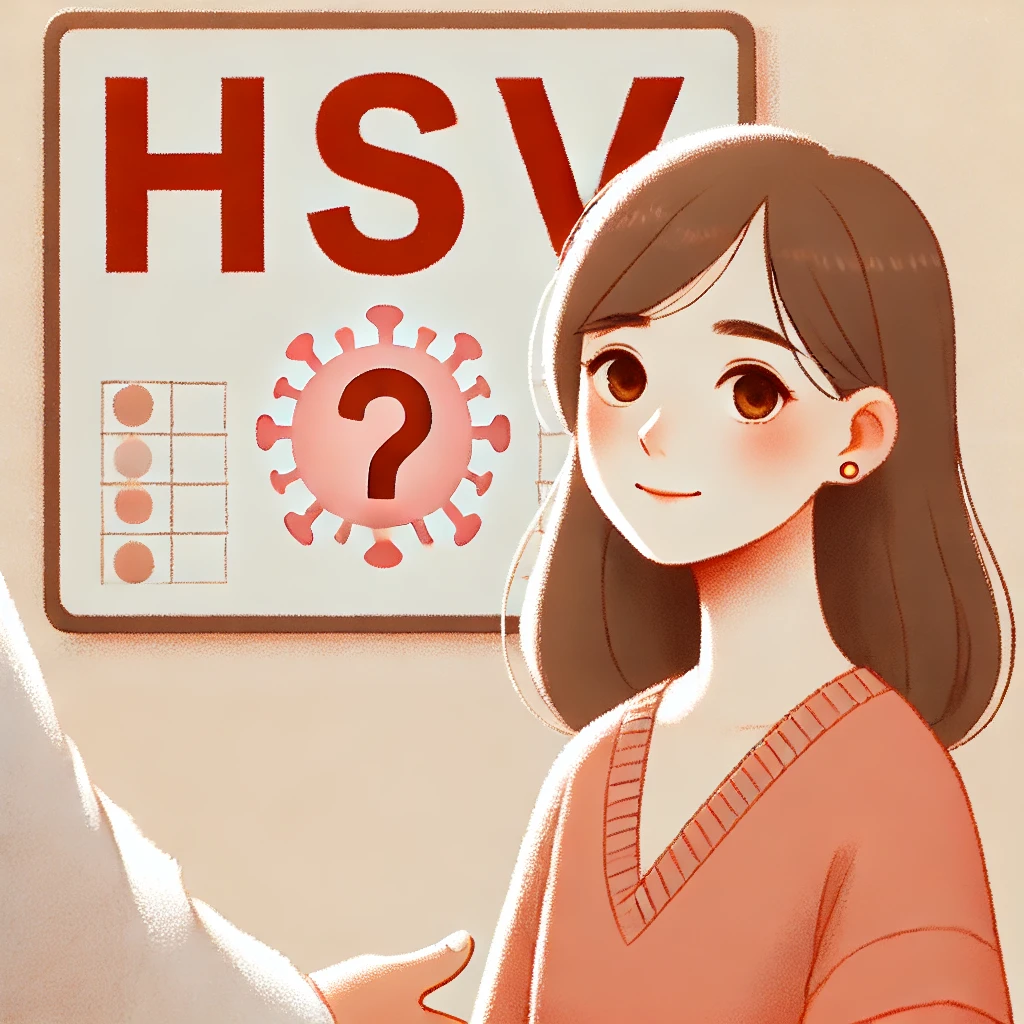Discovering that you have HSV-1 or HSV-2 can feel overwhelming, but it’s important to know that this diagnosis is not life-changing. Millions of people live healthy, full lives while managing herpes simplex virus (HSV). With the right knowledge and approach, you’ll find that the symptoms are often mild and become even less noticeable over time.
What Are HSV-1 and HSV-2?
HSV-1 and HSV-2 are common viruses that belong to the herpes family. HSV-1 is typically associated with cold sores around the mouth, while HSV-2 is more often linked to herpes in the pelvic area. However, both types can affect different parts of the body. It’s essential to remember that many people carry these viruses without even knowing it, as they can be asymptomatic or show very mild symptoms.
Managing Symptoms: What to Expect
The good news is that HSV symptoms are generally manageable. After an initial outbreak, which may be more noticeable, future recurrences tend to be milder and less frequent. Many people experience only minor irritations that don’t disrupt their daily lives. With time, your body builds a stronger response to the virus, making outbreaks easier to handle or even preventing them entirely.
Simple strategies such as maintaining a healthy immune system, managing stress, and using antiviral treatments when needed can significantly reduce symptoms and improve comfort. Over time, you’ll learn what works best for you and will be able to navigate life confidently.
How Is HSV Contracted? Dispelling the Myths
A common misconception is that HSV is exclusively transmitted through sexual contact. While it can be spread this way, HSV is also highly transmissible through non-sexual activities. Everyday actions such as sharing towels, drinking glasses, or cutlery can facilitate the spread of the virus. Skin-to-skin contact, even during activities like sports or close interaction, can also be a source of transmission.
HSV is not a virus that discriminates based on lifestyle or choices; it’s prevalent and easily passed along in various settings. By understanding these facts, you can approach your diagnosis with less stigma and more compassion for yourself.
Living with HSV: It’s Not Life-Changing
Having HSV doesn’t define you or significantly alter your life. In fact, most people manage their symptoms so effectively that they barely think about it in their daily routines. Practicing good hygiene, being aware of potential triggers, and using preventive measures when needed are typically enough to stay comfortable and healthy.
Remember, you are not alone. HSV is one of the most common viral infections in the world, and it’s surrounded by myths that contribute to unnecessary fear and shame. By staying informed, you can live your life fully, without letting a simple virus become a source of worry.
Final Thoughts
Learning that you have HSV-1 or HSV-2 can be stressful at first, but it doesn’t have to be. The reality is that it’s a manageable condition with minimal impact on most people’s lives. With understanding and the right approach, you can navigate this journey with confidence and peace of mind. Remember: knowledge, self-care, and support make all the difference.
Three Simple Tips to Live Happily with HSV
- Prioritize Self-Care: Regularly practice habits that boost your immune system, such as getting enough sleep, eating a balanced diet, and exercising. A healthy body is more resilient and better equipped to manage and minimize outbreaks.
- Stay Informed and Prepared: Learn your triggers and have a plan for when symptoms appear. This could include having antiviral medications on hand or using soothing remedies like cool compresses. Knowing what to do helps you feel in control.
- Cultivate a Positive Mindset: Remember that HSV does not define you. Maintaining a positive outlook can greatly enhance your overall happiness and well-being.

